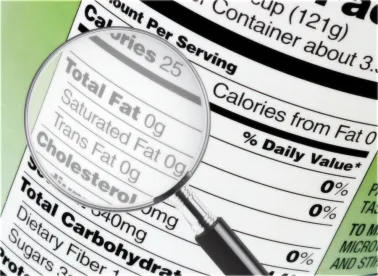FDA announces seizure of dietary supplements containing kratom.
-
FDA has many tools in its arsenal to protect the public from adulterated, misbranded, and/or dangerous food and dietary supplement products; these include the Agency’s inspection power and various enforcement authorities (e.g., Warning Letters, mandatory recall orders in class I situations, administrative detention, seizure, suspension of facility registration). Under its administrative detention authority, FDA can detain a food or dietary supplement product if the Agency has reason to believe the product is adulterated or misbranded. The Agency can keep detained products out of the marketplace for a maximum of 30 days while it determines whether to take further enforcement action, such as seizure.
-
Earlier this month, FDA administratively detained dietary supplement products containing “kratom” — a botanical substance from Southeast Asia that may pose a risk to public health and that has the potential for abuse when consumed. On January 6, U.S. Marshals initiated a seizure of approximately 90,000 bottles of kratom-containing supplements. The U.S. Department of Justice filed a complaint in federal court on FDA’s behalf, alleging — among other things — that supplements containing kratom are adulterated because there is insufficient information to provide reasonable assurance that these products do not present a significant or unreasonable risk of illness or injury.
-
FDA’s use of its administrative detention authority, followed quickly thereafter by product seizure, indicates the Agency’s willingness to take swift and highly-publicized enforcement action against supplements that may pose safety risks.



 />i
/>i

